How The ’90s Biggest Sci-Fi Superhero Failed And Why He Deserves Better
Judge Dredd is a movie that almost no one wants to defend. A box office flop and a critical disaster, the mega-budget sci-fi action film is remembered as little more than a footnote in the memories of most film fans.
Thirty years later, Judge Dredd deserves a shot at reappraisal for numerous reasons. And with the world recognizing the brutality and unchecked power police are exerting during this time of global protest, it seems fitting to take a look back at a movie that actually addressed some of these issues.
What Judge Dredd Got Right
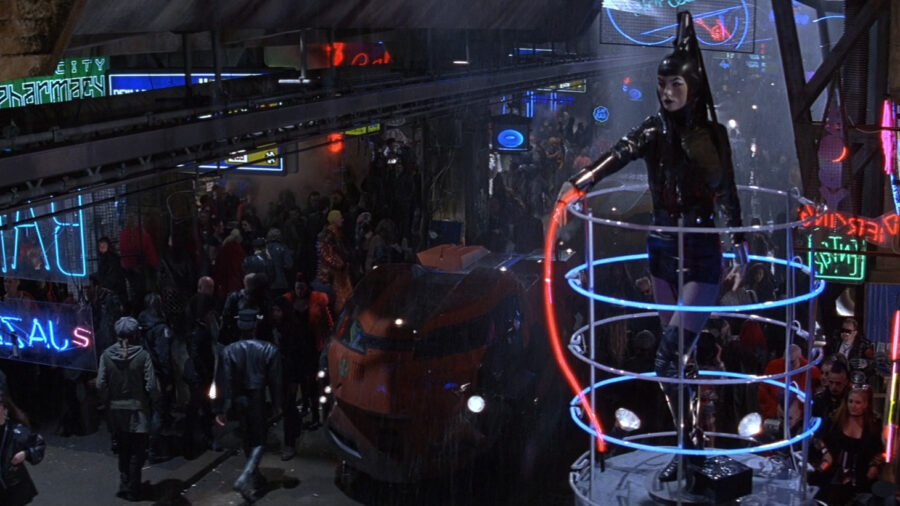
Before getting into the unavoidable politics of Judge Dredd, we should pay service to some of the surface elements of the 1995 movie. Because as a piece of pure production, this is a movie that needs to be championed.
Production designer Nigel Phelps, whose work spans from 1989’s Batman to Pokémon Detective Pikachu, takes incredible inspiration from both the 2000AD source material and sci-fi world-building epics like Blade Runner. With a reported budget of $90 million, Judge Dredd is a movie that knows it has to nail its particular futuristic look in every arena. And it does.
Judge Dredd is part of an era where genre blockbusters were becoming the most expensive they had ever been. Multiple new technologies and classic movie artistry had never been more accessible to filmmakers. Before studios felt that the majority of effects work could be handled solely by CG, there was a period during the mid-to-late ’90s where digital effects and practical work were being married in supremely effective ways. This movie is one of the best examples of that. It’s a beautifully tactile production that needs to be celebrated as such.
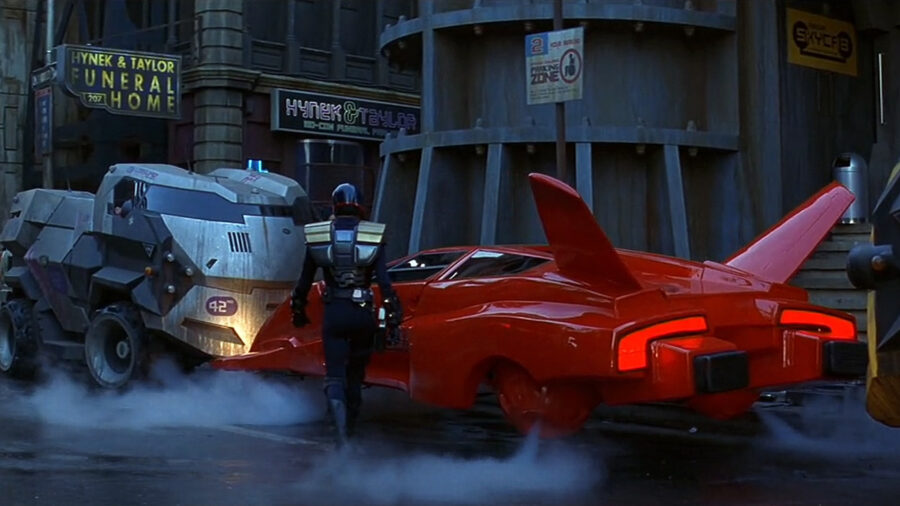
There are even more technical elements of Judge Dredd that need to have their time in the sun. The score by legendary composer Alan Silvestri (Back to the Future, Predator, Avengers: Endgame) is doing its best riff on that Basil Poledouris pomp you hear in films like RoboCop and Starship Troopers. Director Danny Cannon and his cinematographer Adrian Biddle shoot the movie with colorful glee, enjoying the giant world they are getting to play in. The costumes are stellar across the board, especially the Gianni Versace take on the iconic Judge outfit. It’s a movie that relishes every bit of comic flair it has. This isn’t going for grounded or gritty. This is a Comic Book Movie and a well-crafted one at that. The fact that the movie opens with a montage of colorful images from the comic books should tell you what it’s going for.
Now, here’s where things are going to get controversial for multiple reasons. One of those reasons has to do with the 2012 film, Dredd. That movie was widely praised by critics and fans, but upon revisiting both Judge Dredd films, the 2012 version fails in a big way where the 1995 version (mostly) succeeds: being a faithful piece of satire about fascistic militarized policing.
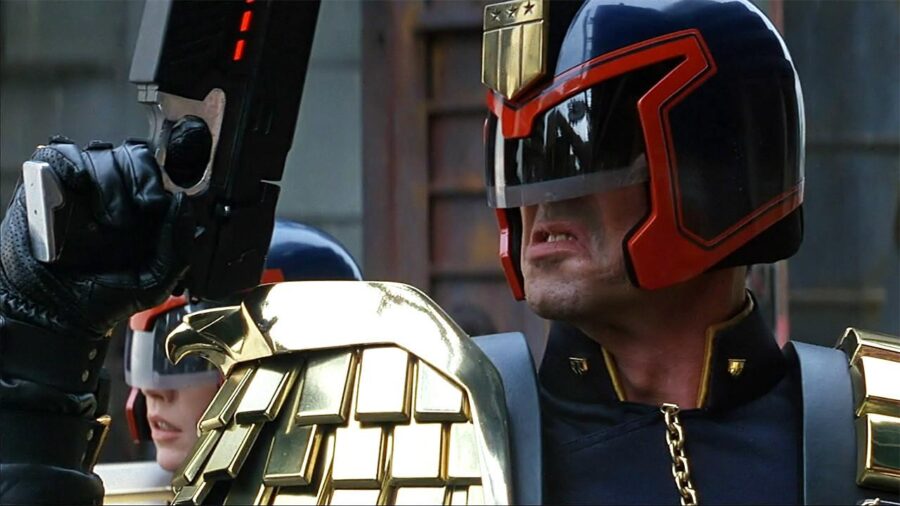
In Judge Dredd, Dredd is eventually framed for the murder of a journalist, Vartis Hammond, who is planning to expose the Justice Department as corrupt. Hammond begins to believe that the Justice Department is helping fuel violent crimes in order to enact policies that give it even more power. This is a movie that is clearly wanting to probe the idea of systemic issues when it comes to policing. The idea of making Dredd, a character who treats the law as a religion, a victim of this corrupt system is fantastic drama and commentary. It feels like the best possible story to tell if you want to be true to the source material’s critical commentary about policing.
And while that element is present as opposed to the 2012 version, it ultimately ends up being given the short shrift. Because while Judge Dredd does work as piece of flashy popcorn sci-fi action, it fails in a few key ways.
What Went Wrong With This Mega-Budget Comic Book Adaptation
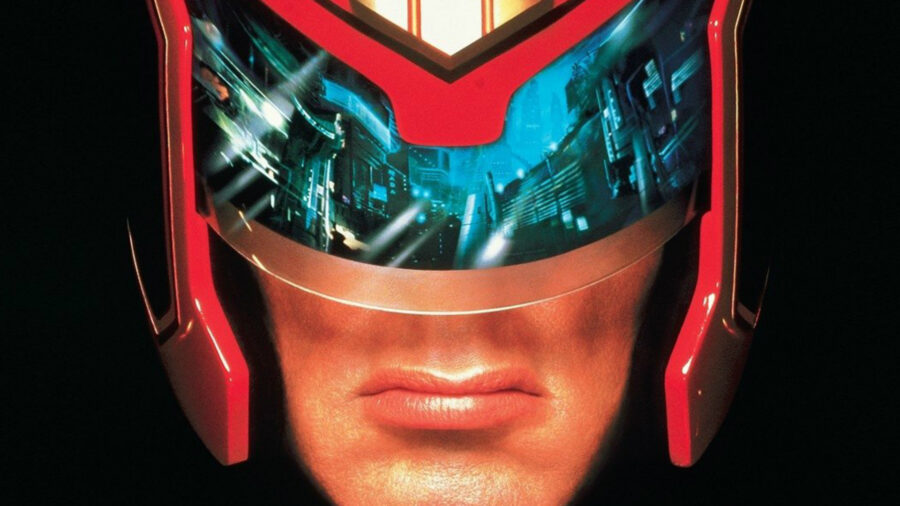
There are a number of things that unequivocally do not work about Judge Dredd. I say that as someone who still finds a lot of enjoyment from the movie. As an adaptation, many fans find it outright sacrilegious that Dredd ever removes his helmet (which he never does in the comics). They don’t like the overall “mainstreamification” of the tone in order to be something that might appeal to wider audiences. Those aren’t the issues I have with the film.
Yes, it’s worth talking about Judge Dredd as a star vehicle for Sylvester Stallone. Like many movies that are tailored to fit a certain celebrity’s persona and perception, the material of this movie often gets manipulated into something less unique. Stallone has to have a catchphrase, a comedic sidekick in the form of Rob Schneider, and has to be portrayed as a square-jawed hero who saves the day. Stallone isn’t bad in the movie, but he’s being asked to fit a square peg into the round hole of satire that the movie wants to achieve.
On the opposite end, you have Armand Assante as the villainous Rico. While he’s equally bereft of nuance, Assante gets to go big and bold here. He’s playing the role as if it’s a guest spot on the ’60s Batman television show. That’s entertaining in a camp way but it does undercut some of the dramatic heft his villain is supposed to carry. In fact, the majority of the excellent cast – Diane Lane, Jürgen Prochnow, Max von Sydow! – are doing a truly great job with what they are given, but what they are given ultimately ends up failing them.
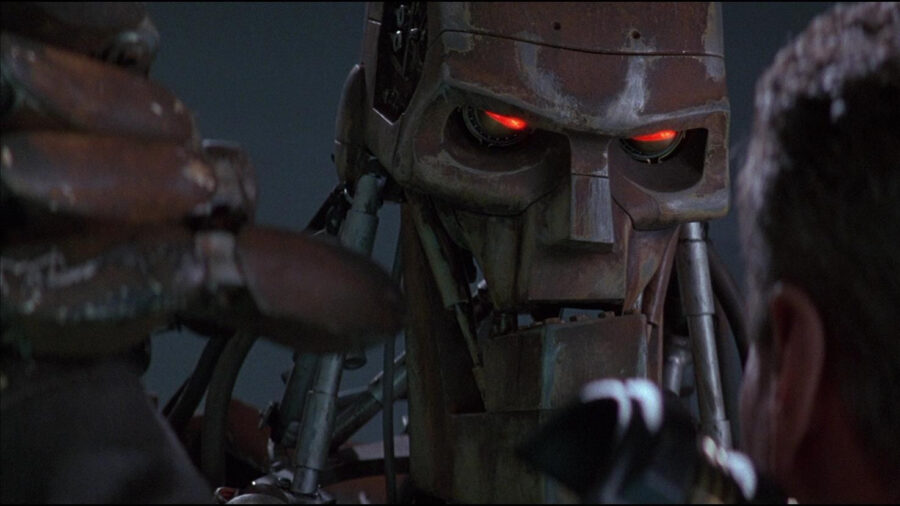
And while many will decry the cheesiness of Judge Dredd as a negative, that’s not where the movie deserves your scorn. In fact, the cheesiness has actually helped keep this movie as a piece of entertainment worth revisiting. The real big criticism belongs with the way the film ends.
After the revelation that Dredd and Rico are clones of Chief Justice Fargo (Max von Sydow) and that Rico wants to take over the Justice Department and replace all the Judges with clones that will do his psychotic bidding, Dredd is able to kill Rico and stop his plan. At this point, the Justice Department is fully revealed to have been built on lies and the entire council of Chief Justices has been murdered. The system has been exposed and pretty much burned down. The Judges look to Judge Dredd to see what he will do. They want him to become the new head of the council.
His response? “I’m just a street Judge.” While he does recommend that his partner Judge Hershey (Diane Lane) take the position instead, Judge Dredd just wants to get back to work as usual. It’s here that the movie fails at its attempt to deliver a strong enough message about police reform. It pays lip service to the idea of change but doesn’t commit to making a big enough statement.
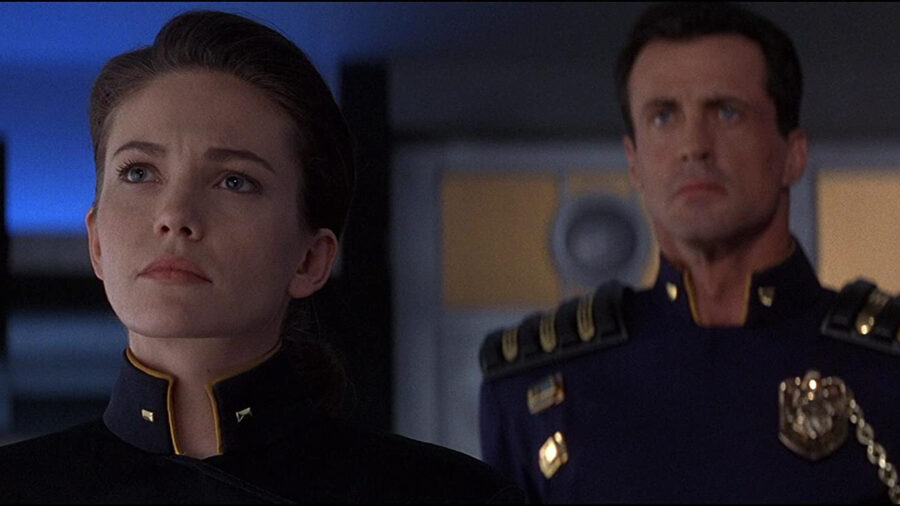
This is where Judge Dredd‘s decision to kowtow to mainstream sensibilities undercuts anything subversive it might be doing. While that means it actually works on a lot of broad levels, it never succeeds at hammering home the elements that make it stand out.
Thirty years later, Judge Dredd acts as a monument to big-budget genre filmmaking. As a piece of pure production, it needs to be heralded as one of the best achievements of the ’90s. Everything about the film’s texture is a resounding success. And even its cheesiness has helped to cement the film as a piece of polished silliness. If the satire of the movie worked, it might have aged even better.

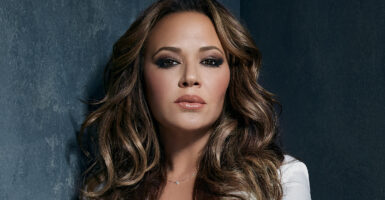











Login with Google